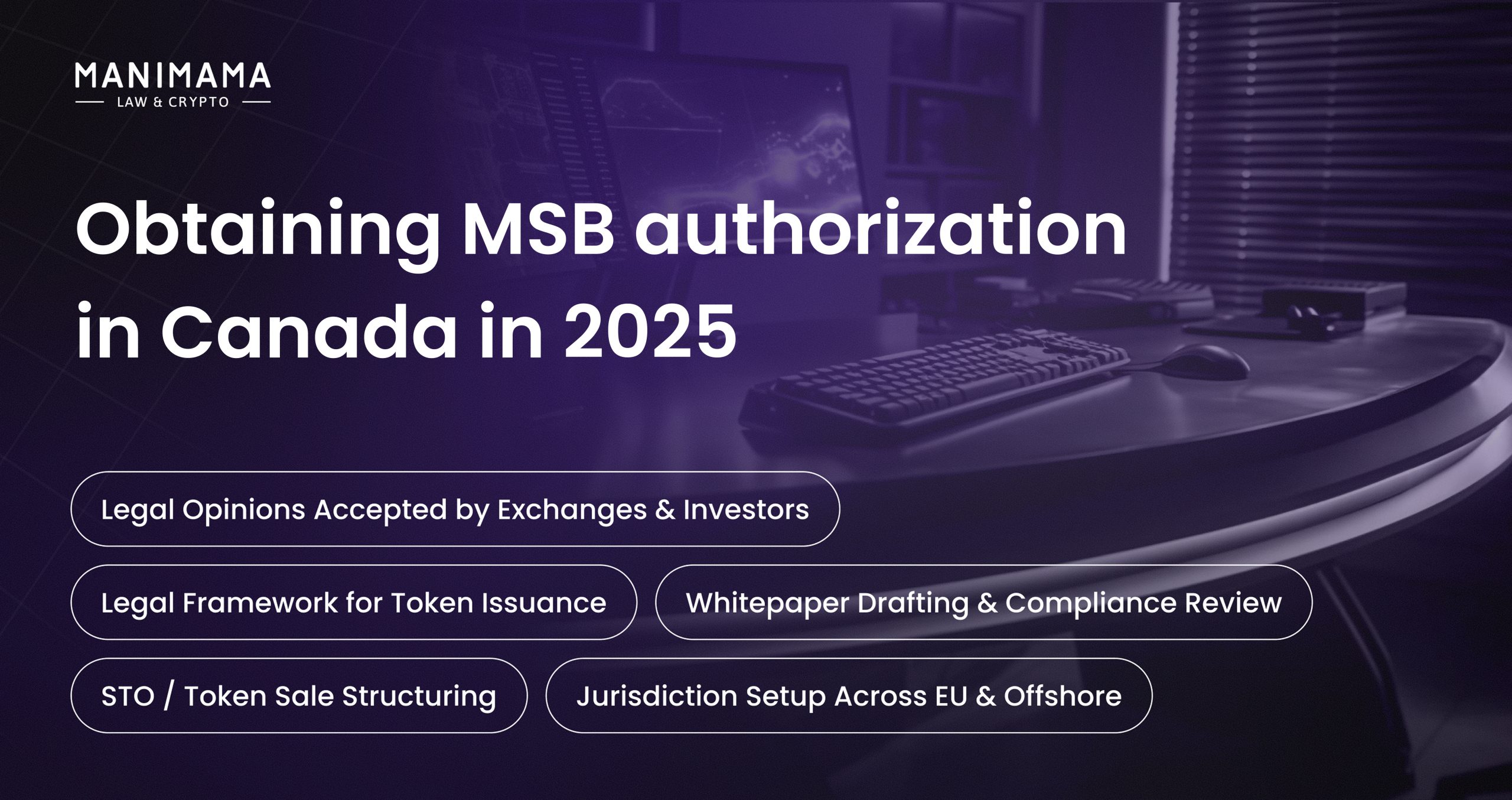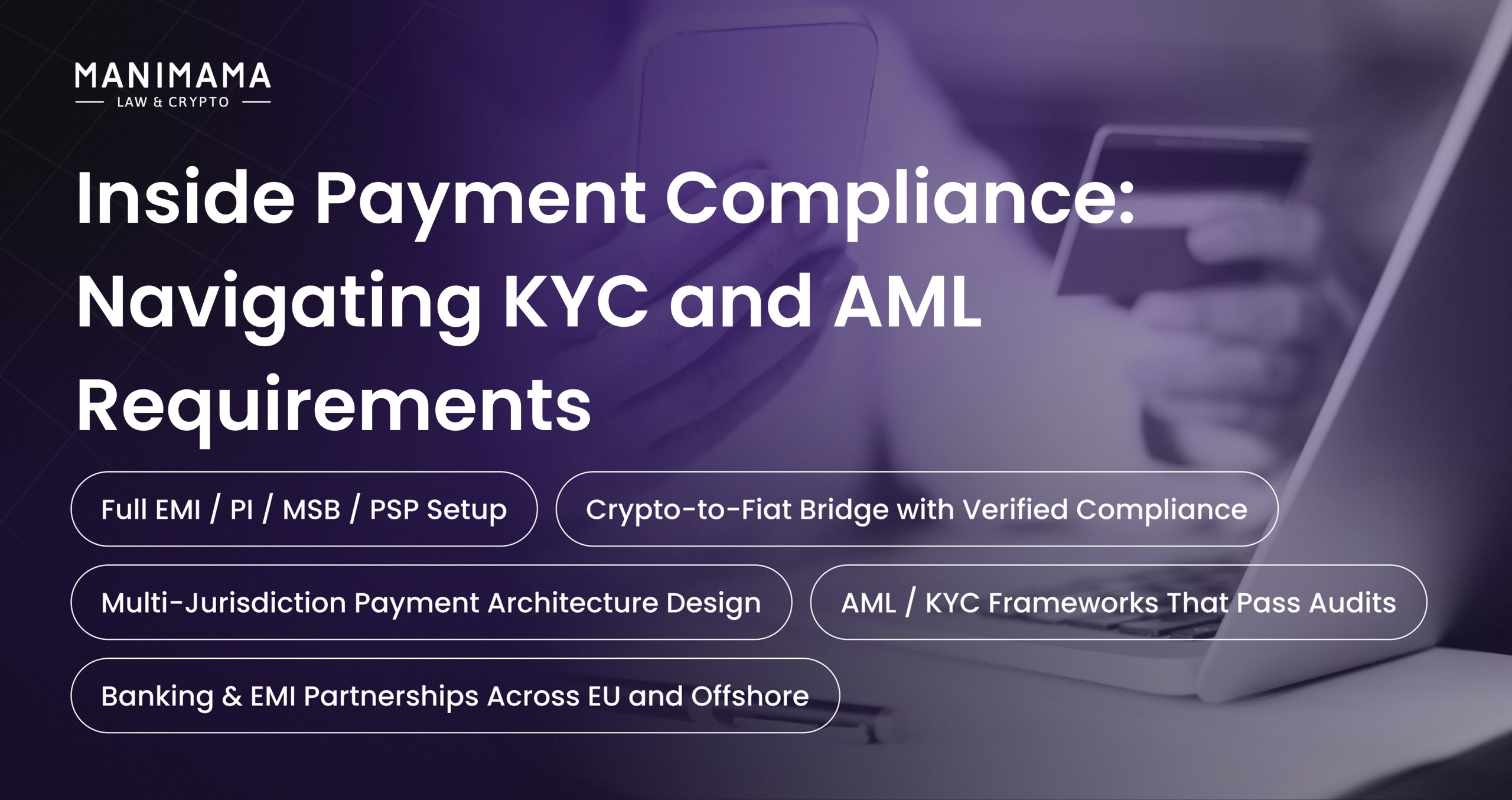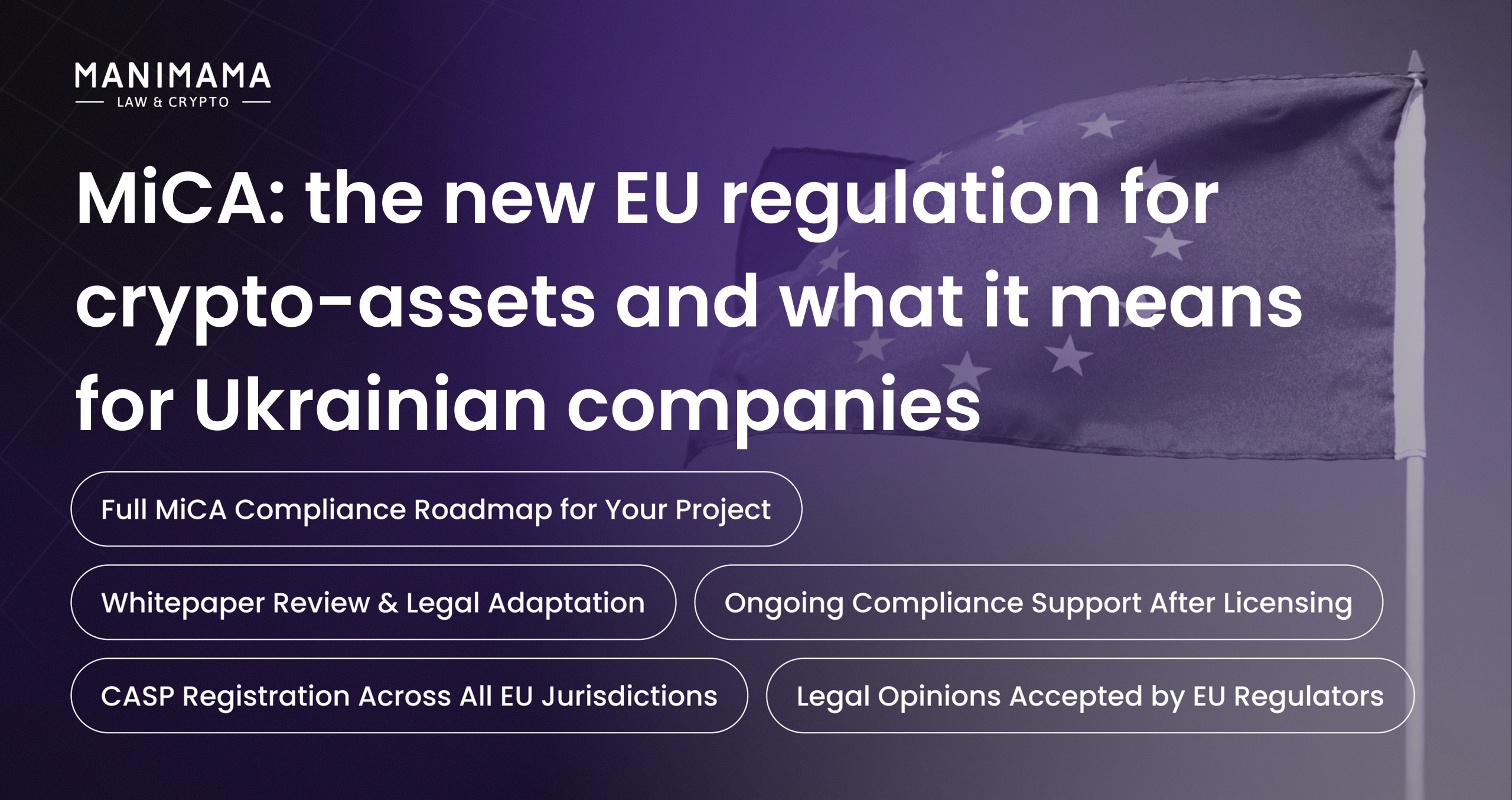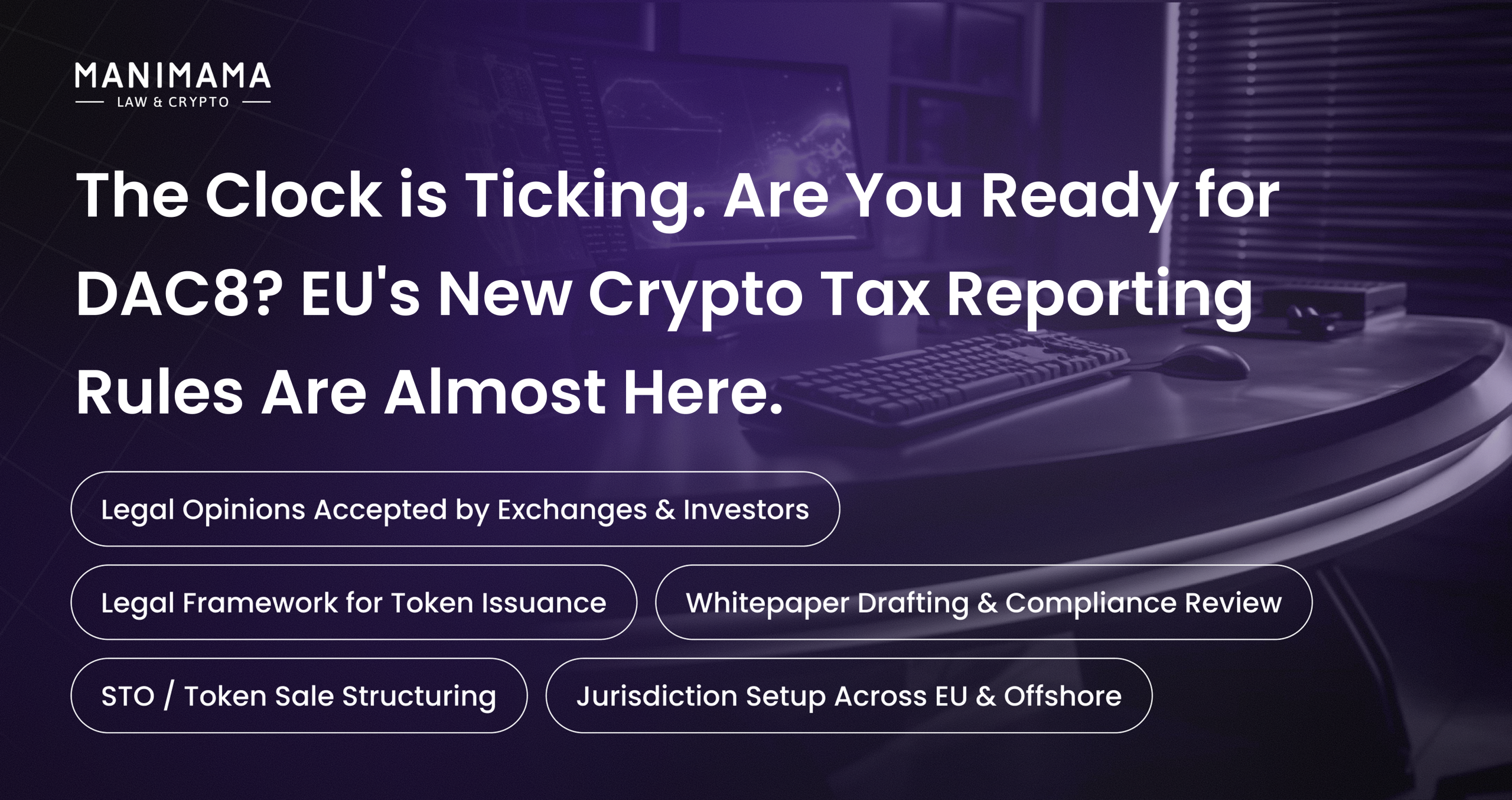In 2025, Canada remains one of the most attractive yet tightly regulated markets for financial services firms. A key segment is Money Services Businesses (MSBs) — entities that offer currency exchange, money transfers, virtual asset operations, or the issuance of payment instruments.
Securing MSB authorization is not just a formality but a strategic step that grants access to the Canadian financial market and demands a deep grasp of FINTRAC (Financial Transactions and Reports Analysis Centre of Canada) requirements. In 2025, the regulator tightened rules for ownership transparency, compliance processes, and cryptocurrency monitoring, making registration more challenging but more predictable for well-prepared applicants.
Delays and Challenges in the MSB Authorization Process
For professionals who had previously been actively involved in obtaining MSB authorizations in Canada, the process had long been clear, consistent, and relatively swift. Traditionally, once a company was incorporated, applicants would complete a standard pre-check form on FINTRAC’s official website. This form would then trigger the issuance of the regulator’s registration forms, requiring applicants to prepare and submit a business plan, AML/ATF policies, and appoint a Compliance Officer responsible for direct communication with FINTRAC. Until late 2024, the entire process — from company incorporation to the receipt of MSB authorization — typically took no longer than one month.
However, after the Retail Payment Activities Act (RPAA) took effect in November 2024 and introduced licensing for Payment Service Providers (PSPs), the environment changed dramatically. The RPAA’s implementation caused temporary administrative delays at FINTRAC, particularly for new MSB applications. Numerous newly formed companies found their applications stalled without an official explanation from the regulator.
This interruption was experienced not only by our firm but also by colleagues in the legal industry. In conversations with Canadian partners close to FINTRAC personnel, it became clear that the agency had intentionally slowed or paused reviews of new MSB registrations during the regulatory transition period, aiming to align compliance procedures with the new framework.
Our own direct experience reflects this broader trend. One client sought MSB authorization shortly after incorporating their company in December 2024. We submitted their application in early January 2025, anticipating a standard response timeline. Yet, for months, no updates or acknowledgments arrived via FINTRAC’s system. Repeated attempts to contact the regulator—by email or telephone—proved ineffective, leaving us and our client in the dark. This lack of transparency generated understandable frustration, as no public statements explained the suspension.
As the transition stabilized, by summer 2025, FINTRAC resumed regular processing of MSB authorization requests and improved its communication with applicants.
Updated Procedure for Obtaining MSB Authorization in 2025
Following extensive delays, FINTRAC revised the MSB registration procedure in the summer of 2025. From August onward, the process operates within a digitalized and clarified framework. Key changes include a structured online application system, secure representative account creation, a fixed FINTRAC contact for each applicant, and detailed requirements for compliance and business information under the RPAA. Communication is now more direct and consistent throughout each stage.
The first stage now involves creating a company representative’s account through FINTRAC’s official online service. This is done via a secure Canadian platform, where the representative must complete an identification process and confirm authorization to act on behalf of the applicant. This step ensures data authenticity and helps prevent potential misuse of the system.
FINTRAC then assigns a dedicated representative to the applicant company. This individual supports the company throughout the authorization process, provides guidance, and reviews submitted documents. As a result, communication between applicants and FINTRAC is now more direct and efficient.
Next, the company receives updated application forms that are substantially more detailed than previous versions. These forms require key information, such as contact details, ownership structure, business activities, AML/ATF compliance policies, and the appointment of the compliance officer. The new forms also request projected transaction volumes and descriptions of internal controls.
After submission, FINTRAC reviews the documents and may seek clarifications or more information. This review phase typically lasts about three weeks, though timing depends on the applicant’s structure and complexity. Notably, FINTRAC now delivers precise feedback, enabling applicants to quickly amend their documentation.
The final stage is the receipt of official MSB authorization confirmation. Once approved, the company is added to the national registry and gains access to FINTRAC’s internal reporting and compliance update system.
Compared to the previous version, the updated procedure is formally simpler and more organized, yet in practice, it requires greater precision and preparation. The transition to a fully digital platform has made the process more transparent and traceable, though it can take longer to complete due to the expanded verification stages and stricter compliance oversight.
Important Regulatory Clarifications from FINTRAC
Following the renewal of the MSB registration process in 2025, FINTRAC provided a series of crucial clarifications to all applicants regarding the legal nature of MSB registration and its regulatory distinction from licensing. These clarifications were formally outlined in FINTRAC’s correspondence accompanying the updated authorization procedures.
According to FINTRAC, MSB registration is a legal obligation under the Proceeds of Crime (Money Laundering) and Terrorist Financing Act (PCMLTFA). However, it is explicitly stated that such registration does not constitute a license, nor does it imply any form of governmental approval, endorsement, or validation of the company’s financial activities. In other words, FINTRAC’s role is supervisory and compliance-focused, not permissive or promotional.
FINTRAC also emphasized strict restrictions on the terminology companies may use in their marketing and public materials. Registered entities are permitted to state only the factual designation — “Registered as an MSB with FINTRAC”. Any reference suggesting licensing or approval, such as “licensed by FINTRAC”, is considered misleading and may result in administrative penalties or sanctions imposed directly by the regulator.
This clarification became particularly relevant after September 8, 2025, when the Retail Payment Activities Act (RPAA) officially came into force. Under this new legislation, a portion of financial and payment-related activities previously associated with MSB operations now fall under the regulatory oversight of the Bank of Canada through the introduction of the Payment Service Provider (PSP) licensing regime.
Under the RPAA, companies — including cryptocurrency platforms — are required to obtain a PSP license if they:
- provide or maintain accounts for end users;
- hold fiat funds on behalf of clients;
- initiate electronic fund transfers at a customer’s request;
- authorize or transmit payment instructions; or
- engage in clearing or settlement activities.
Conducting any of these activities without the appropriate PSP license constitutes a violation of Canadian financial regulation and can lead to significant fines or enforcement actions by the Bank of Canada.
In essence, as of late 2025, the regulatory environment for financial and crypto businesses in Canada has bifurcated: FINTRAC remains responsible for anti–money laundering compliance and MSB registration, while the Bank of Canada oversees operational licensing through the PSP framework. This dual-layered system requires companies to carefully determine whether their business model falls solely within MSB regulation or also triggers the need for PSP authorization.
MSB registration remains a legal obligation, but it is not a license in the traditional sense. It confirms that a company complies with anti–money laundering and counter-terrorist financing (AML/CTF) regulations, but it does not grant an official permit to conduct payment operations. At the same time, companies acting as payment providers are now required to obtain a PSP license, without which their activities may be considered a violation of Canadian financial law.
In this new regulatory context, it is crucial to proceed systematically — meticulously preparing documents, AML/ATF policies, and business models to meet current requirements. Our legal team, with extensive expertise in compliance and firsthand experience supporting clients through FINTRAC’s transition, provides end-to-end assistance with MSB authorization, from company formation to final approval. We understand FINTRAC’s procedures and will assist you in completing them efficiently, transparently, and with minimal business risk.
The content of this article is intended to provide a general guide to the subject matter, not to be considered as a legal consultation.










